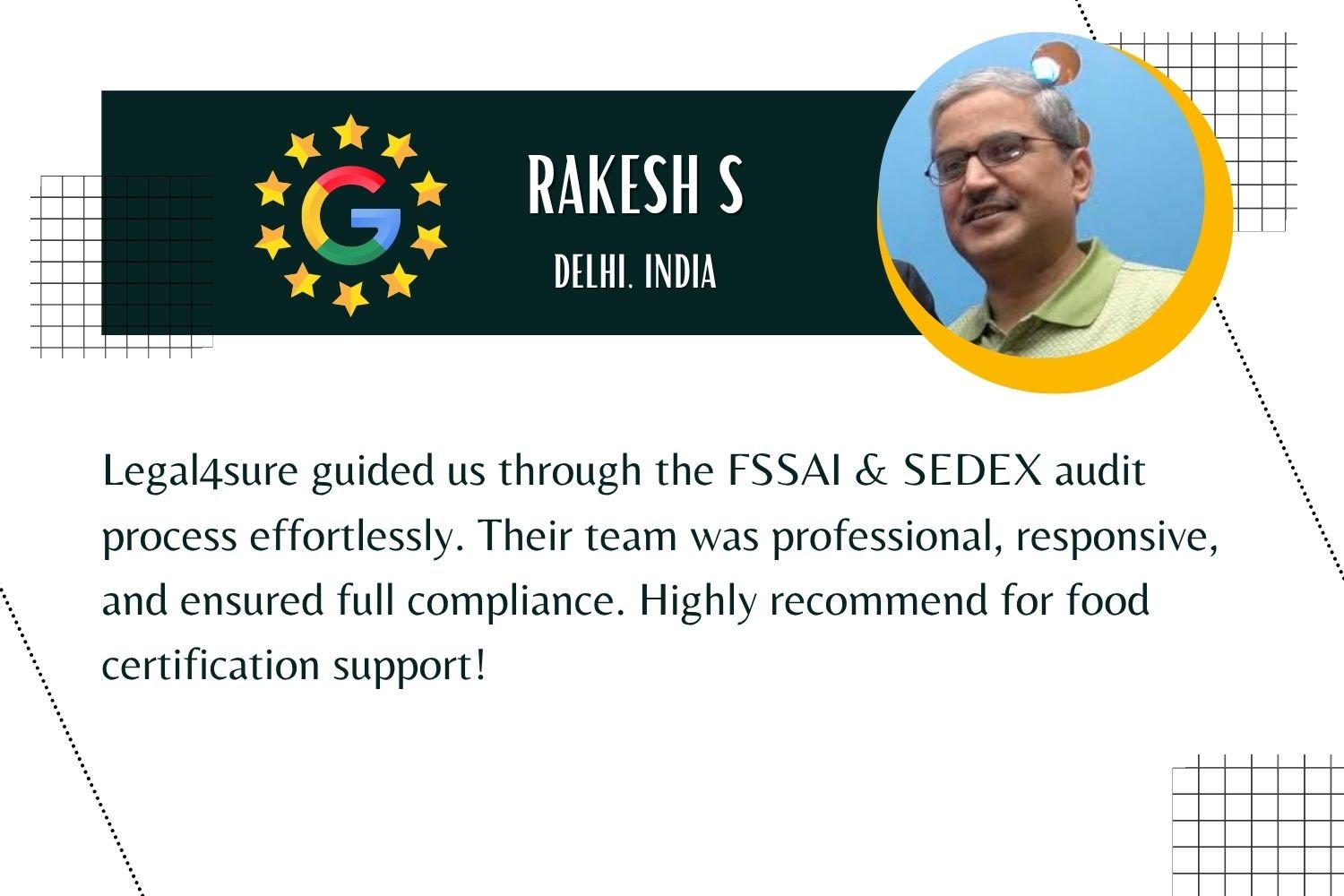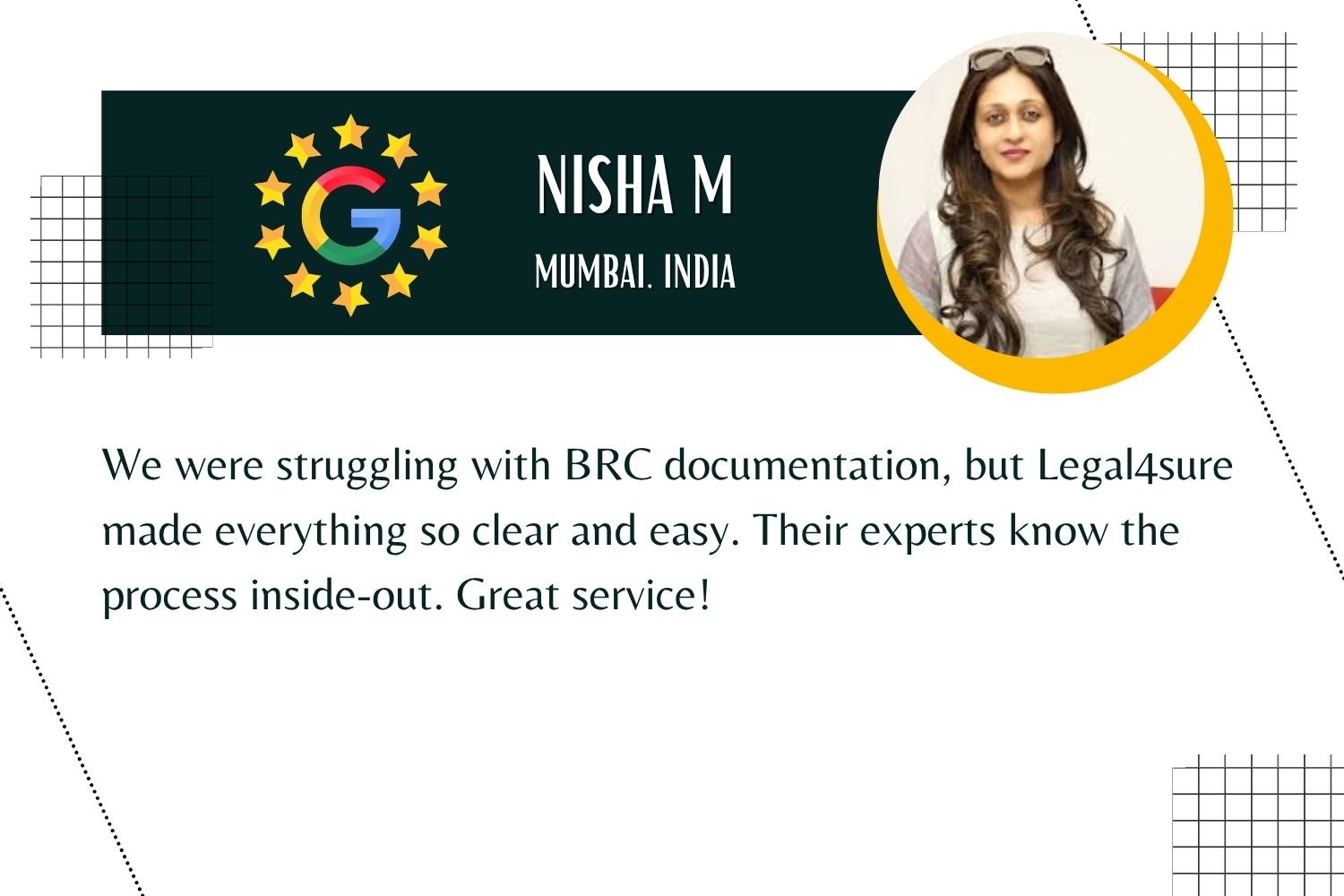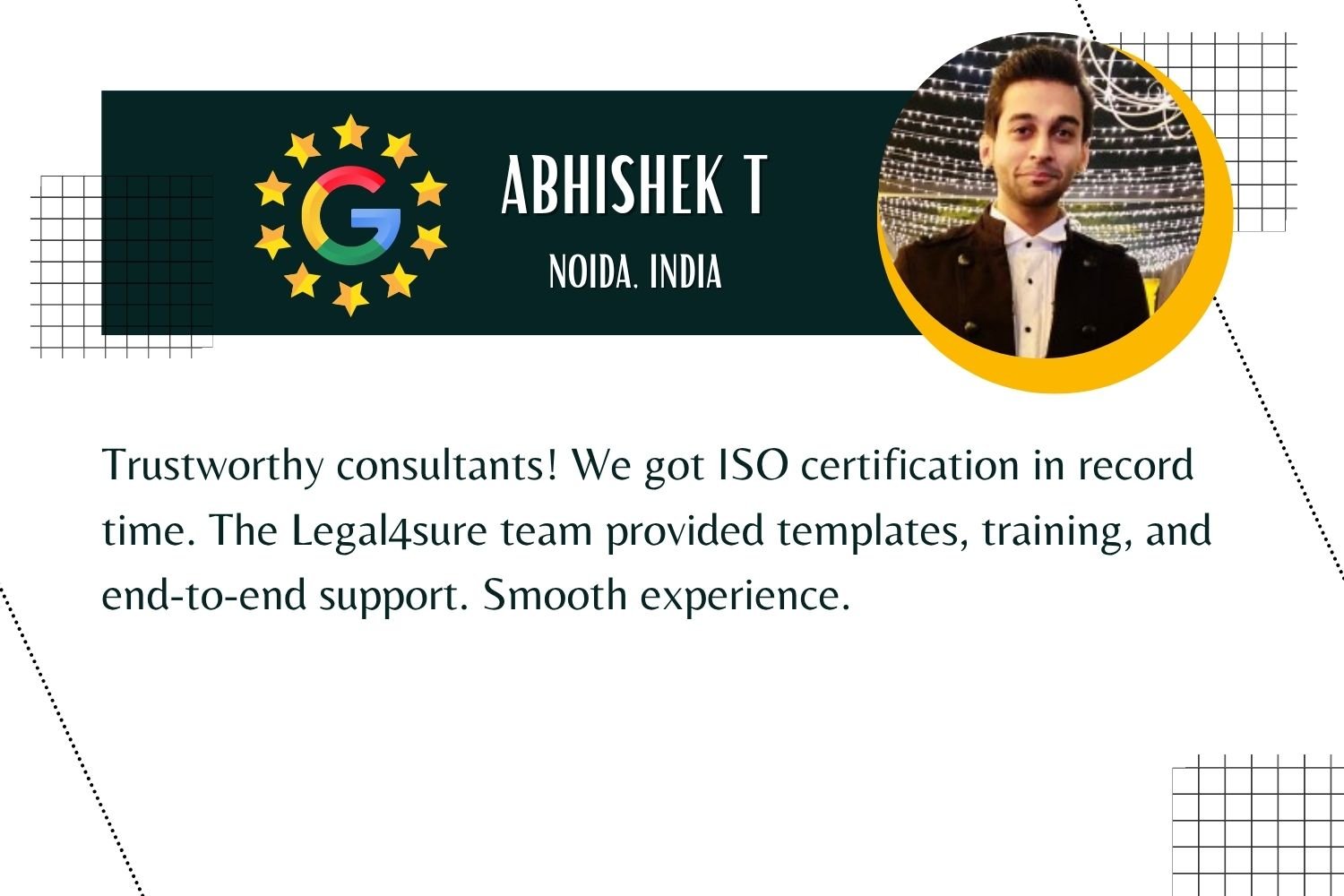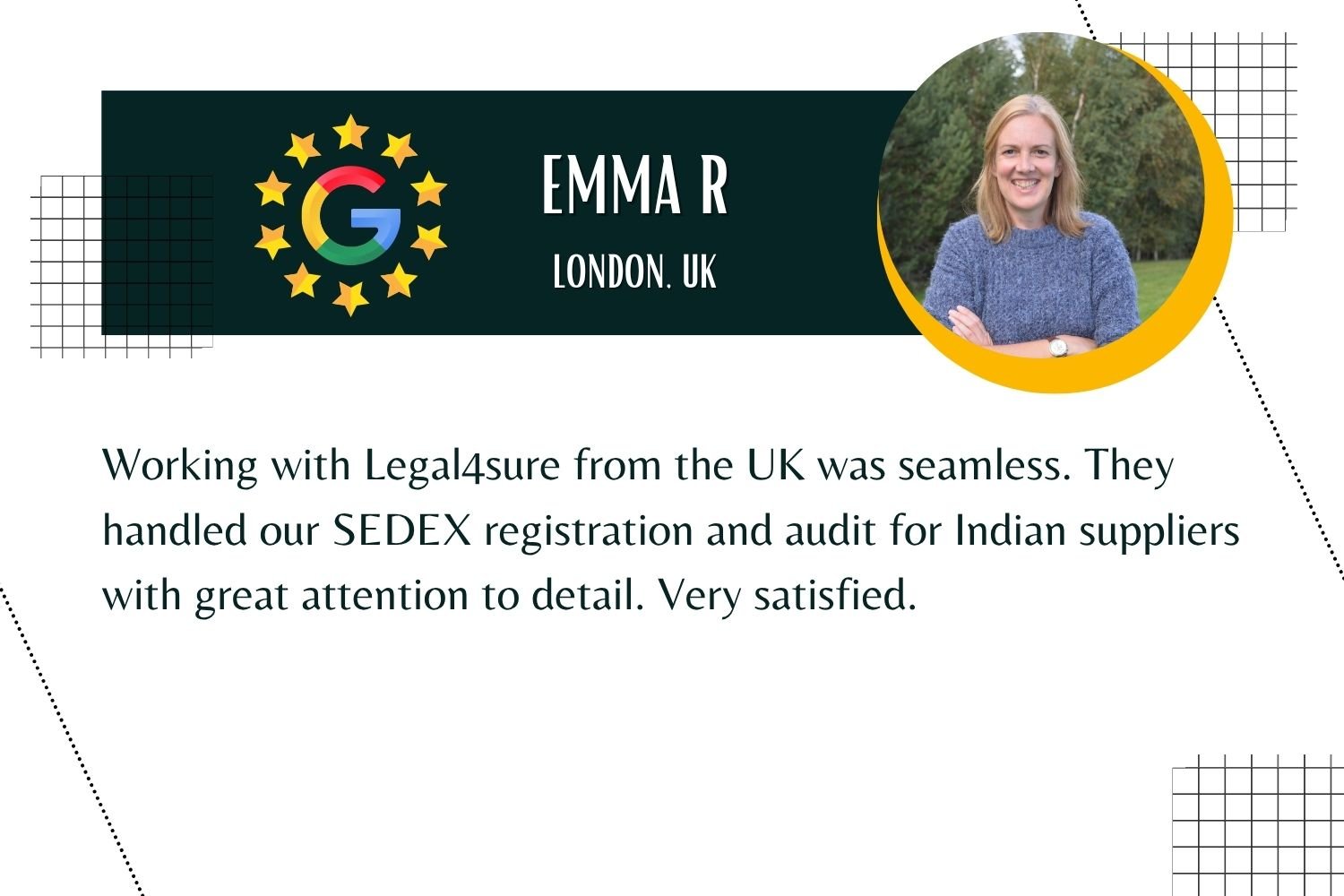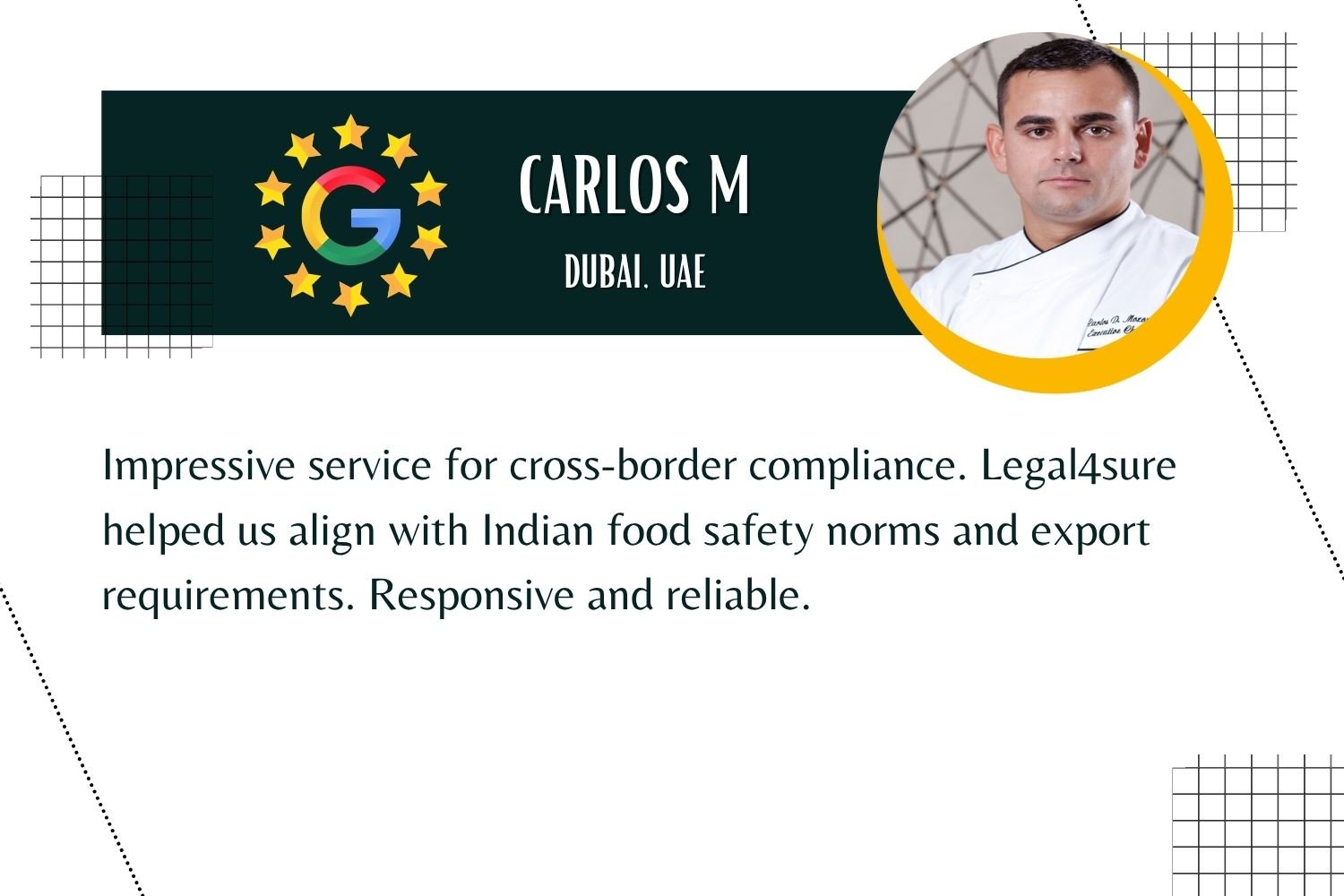Why Global Food Safety Benchmarks Matter
Before trying new flavors, trade partners, distributors, and even crowdfunding supporters, check food safety certificates first. They want to be sure it’s safe and trustworthy. The plan’s version 6 was mandated for audits starting April 1, 2024. As a result, every plant requesting new listings or export permits must update right away. By coordinating early, you can integrate food safety procedures for the beverage industry into your daily routine, rather than adding them on at the last minute.
When you combine that with the fundamentals of ISO 22000 beverage production, you get a loop: identify risks, establish easy-to-check controls, assess outcomes, and then make improvements. That cycle is the engine that turns FSSC 22000 for beverage units from a document into something real and practical that your team can use on the factory floor.
It’s about more than just following the regulations; it’s about holding your ground in the race as your competitors are still at the starting gate.
Beverage Industry Food Safety Protocols

Protocols turn big goals into clear, doable tasks for your team. They cover everything, from calibrating in-line CO2 sensors and tracing each flavour drum’s origin to rinsing valves after using sweetened syrup.
Each step of your operation must be mapped to the corresponding section in the FSSC 22000 for beverage units to integrate these food safety standards for the beverage industry. In addition, it includes identifying any gaps and documenting the exact food safety standards for beverage manufacturing that you now meet.
This is where hazard analysis comes into play. Start by running a HACCP check for your beverage production, and figure out what the critical control points are. It could be something like pasteurization temperature or making sure your tanks are properly cleaned. Once you’ve got those figured out, tie each one to a clear procedure, and make sure your team understands it and takes ownership.
That way, when auditors show up, there’s no need to scramble. You’re not putting on a show, you’re just walking them through what you already do every day.
GFSI-Recognised Schemes for Beverages
To meet the needs of consumers from all over the world, beverage facilities must be certified under GFSI-recognised beverage schemes. These food safety systems, which are measured against international standards, are trusted by major retailers.
Some popular GFSI-approved schemes for the beverage sector are as follows:
- Facilities that use ISO 22000 beverage production systems are an excellent match for FSSC 22000.
- Food safety is often mandated by the BRCGS in the retail industries of the UK and Europe.
- IFS Food is widely used by processors and suppliers across Europe
- SQF is widely adopted by food businesses in the United States and Australia.
Choosing the right approach matters for the following reasons:
- Makes compliance easier and lowers the number of audits.A
- Aligns marketing goals and product hazards with safety procedures.
- Make your food safety initiatives more trustworthy worldwide.
FSSC 22000 for beverage units strikes the perfect balance between flexibility, efficiency, and widespread adoption for the majority of beverage units.
HACCP in Beverage Production

The effectiveness of HACCP is maximised when it is practical, clear, and integrated into everyday procedures. This is how to use it properly in the beverage industry:
- Start with a team-led hazard analysis that covers microbial, physical, chemical, and allergenic dangers.
- Include neglected dangers such as packaging flaws or labelling errors.
- Determine the critical control points: cleaning, fill volume, and pasteurisation.
- Establish limits based on food safety standards for beverage production.
- Help personnel comprehend the cause behind the regulation.
- Use logs, sensors, and checklists to monitor.
- Establish a definitive plan of corrective action.
- Make food safety a common practice rather than an individual one.
By integrating HACCP into everyday tasks, your FSSC 22000 for beverage units system transforms from a paper system to the way your facility operates in reality.
Why Food Safety Culture Beats a Certificate
Auditors pay attention to culture, even if certificates are important. A reliable FSSC 22000 culture for beverage units means that employees are aware of the “why” behind their work and accept responsibility for it. Use real examples, promote open feedback, and allow teams to take the initiative in addressing problems. Culture becomes measurable when linked to ISO 22000 beverage manufacturing systems, and when things go wrong, it’s your staff that maintains safety, not merely your paperwork.
Certification Journey Step-by-Step

Obtaining certification can appear challenging, but it doesn’t have to be. The procedure is as follows in straightforward and intelligent steps:
- Gap Evaluation
Compare your present setup with FSSC 22000 for Beverage Units, Version 6. Identify what’s missing. Be truthful. Gaps don’t indicate failure; they point you in the direction of your attention.
- Plan of action
Prioritize. Begin with high-risk goods like hygiene areas, allergen management, and broken glass controls. Set a clear schedule and assign responsibilities to the right people.
- Internal Audit
Test yourself before anybody else does. Conduct a mock audit to see if there are any flaws in your process.
- Management Review
Disclose audit findings to management. Modify resources and policies. The system matters, and this is how leadership demonstrates it, not through a checkbox.
- Stage 1 Audit
Documents like standard operating procedures (SOPs), hazard plans, supplier programs, and training records will be reviewed by your certifying agency. Take their comments seriously.
- Stage 2 Audit
This is the big one. Auditors will inspect your factory, speak with personnel, and analyse real-time data. This is where it becomes evident if you’ve created actual systems.
- Renewal and Surveillance
You will receive frequent follow-up visits after you are certified. Use them to improve your play rather than just keep the badge.
Connect activities to HACCP beverage manufacturing logic and beverage industry regulatory compliance at every stage. Create a system that operates throughout the year rather than one that just meets audit requirements.
Read More: Haccp certification
Making FSSC 22000 Work Long-Term
Getting certified shows you’re capable, but staying sharp shows you care. Keep your system active by tracking things like cleaning scores, supplier updates, and unexpected complaints. Make food safety part of everyday conversations with your team, not just something you talk about during audits. Quality checks shouldn’t be the final step; they should guide daily decisions. Regularly confirm details with suppliers, because their mistakes can impact you. And don’t forget to recognize team members who improve a process or spot a near-miss. That’s how FSSC 22000 for beverage units stays real, not just paperwork, but a daily habit.
Achieving certification under the FSSC 22000 for beverage units is evidence that your staff can produce safe, reliable goods everywhere, not just paperwork. Beginning with concentration, sincere effort, and the correct checklist is how it all begins. Gather your group, examine version 6, and create a beverage business that you can be proud to support. Your Beverage Plant Deserves More Than a Checklist. Partner with Legal4sure.
Make food safety simple with FSSC 22000 certification
Partner with Legal4sure for FSSC 22000 certification. We simplify compliance, guide your team, and help your factory earn buyer trust while unlocking global growth opportunities with expert support.
Frequently Asked Questions
1. Why is FSSC 22000 important for beverage units?
It ensures your drinks are safe, compliant with international standards, and acceptable to global buyers (GFSI-recognized).
2. Who needs it in the beverage industry?
Manufacturers of bottled water, juices, soft drinks, alcoholic beverages, and functional drinks aiming for domestic or export markets.
3. How long does certification take?
Typically 3–9 months, depending on system maturity, staff readiness, and facility complexity.
4. What are key focus areas for beverage units?
-
Water quality and treatment
-
Hygiene and sanitation
-
Allergen control (e.g., flavorings, additives)
-
Bottling equipment cleaning and maintenance
-
Traceability and recall procedures
5. Are specific documents required for beverage audits?
Yes. Key documents include:
-
FSMS manual and SOPs
-
HACCP/risk assessments
-
Water testing and quality records
-
Cleaning and CIP (Clean-In-Place) logs
-
Supplier approval records
-
Staff training and management review records
6. Does FSSC 22000 cover beverage labeling?
Yes. Accurate labeling of ingredients, allergens, nutrition, and expiration dates is mandatory.
7. Can FSSC 22000 help with exports?
Yes. Many international buyers require it, reducing additional audits and ensuring compliance with global standards.
8. How does a beverage unit prepare for an audit?
-
Train staff on procedures and CCPs
-
Conduct internal audits and mock recalls
-
Maintain proper cleaning and sanitation logs
-
Ensure management involvement in food safety policies




